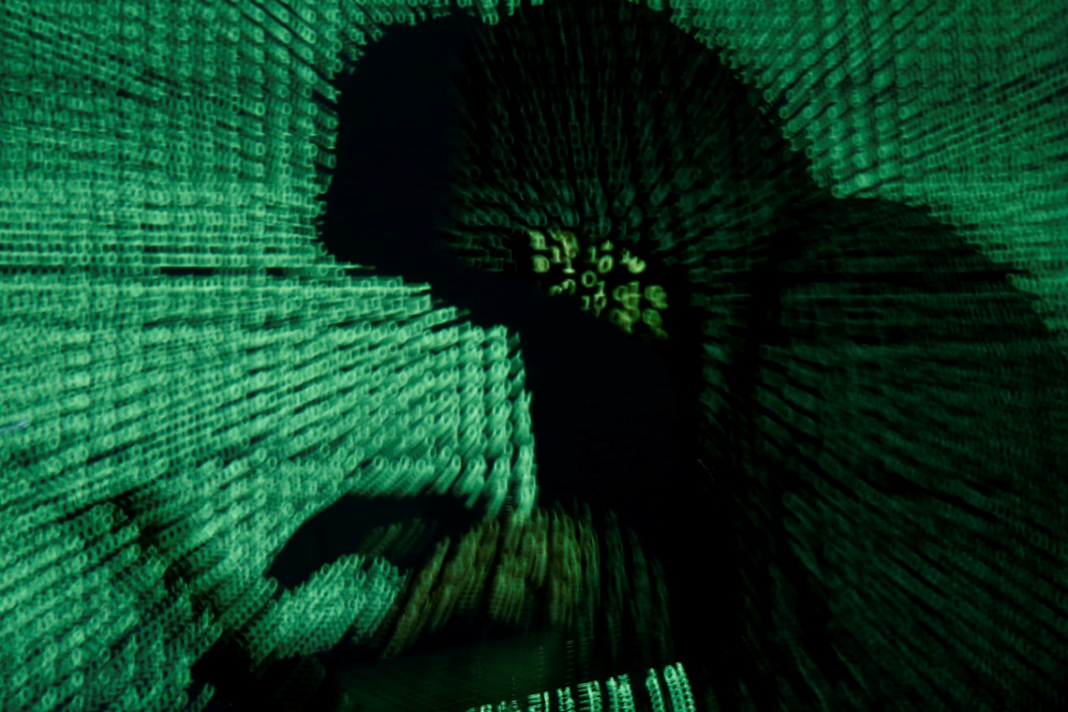Ongoing Cyber-Espionage Threats: Suspected Chinese Hackers Target US Companies
An Alarming Revelation
Recent findings by Alphabet’s Google have unveiled a disturbing cyber-espionage campaign, potentially linked to Chinese hackers, that targets American technology firms and legal organizations. The campaign aims to steal sensitive national security secrets and operates with a level of stealth that makes detection incredibly difficult. According to Google experts, the group behind these activities is known as UNC5221, and it is described as the most significant cyber threat to the United States in recent years.
The Advanced Nature of the Threat
Marking their presence as a formidable adversary, UNC5221 has been identified by Charles Carmakal, Chief Technology Officer at Google Cloud’s Mandiant consulting unit, as responsible for a disproportionate share of cyber incidents characterized by their frequency, severity, and complexity. Their advanced tactics have enabled them to remain undetected within victim networks, often for over a year. This prolonged stealth allows for the systematic theft of critical information related to national security and international trade.
Global Implications
The implications of such a cyber-espionage campaign are extensive, reaching far beyond the borders of the United States. Reports indicate that the same threat group is also infiltrating key industries across Europe, raising alarms about the global scale of these intrusions. Austin Larsen, a principal analyst at Google’s Threat Intelligence Group, emphasized the alarming likelihood that many organizations might be compromised without even realizing it.
A Campaign of Espionage
The scale and volume of UNC5221’s activities suggest an ongoing, aggressive effort to gather intelligence and infiltrate crucial systems. Google’s assessments align with a broader narrative of intensified Chinese hacking activity directed at American entities. While Google refrained from naming the specific victims of these attacks, the overarching concerns about state-sponsored cyber operations have been echoed by American officials. Other groups, such as Salt Typhoon and Volt Typhoon, have also been accused of infiltrating U.S. telecommunications and critical infrastructure.
Gathering Intelligence for Future Conflicts
Experts caution that the ultimate goal of these attacks is to gather intelligence and embed themselves into critical systems to prepare for any potential future conflict. The findings verily contribute to the already tense backdrop of U.S.-China trade disputes, as this cyber campaign focuses specifically on U.S. legal firms to access confidential information about international dealings.
Targeting Technology Developers
Notably, UNC5221’s focus is not limited to legal organizations; significant American technology developers have also become targets. The hackers are reported to be involved in stealing source code for vital enterprise technologies. This tactic not only compromises proprietary information but enables potential exploitation of vulnerabilities in the software.
The Broader Context of Cyber Warfare
John Hultquist, chief analyst for Google’s Threat Intelligence Group, shed light on the implications of obtaining technology source codes. They facilitate building exploits that can act as a “skeleton key,” potentially granting unauthorized access to crucial digital infrastructures. The sophistication and audacity of these attacks highlight a disturbing trend in the landscape of cybersecurity, where state-sponsored actors are increasingly aggressive in their cyber warfare tactics.
The Ongoing Challenge
As the digital realm becomes more intertwined with national security, the necessity for robust cybersecurity measures becomes ever more critical. The actions of groups like UNC5221 underscore a growing awareness that many organizations may be vulnerable to such sophisticated intrusions, an awareness that continues to shape the dialogue around cybersecurity policy and practice in the U.S. and globally.
The expansive nature of this cyber-espionage initiative serves as a wake-up call for governments and organizations alike, emphasizing the need to enhance defenses against an ever-evolving landscape of cyber threats.



